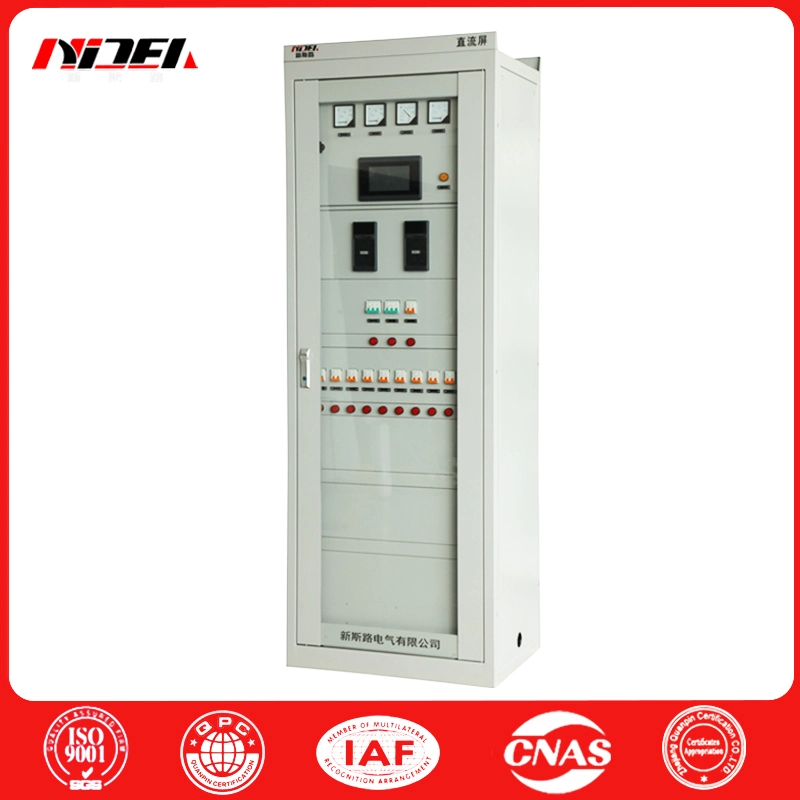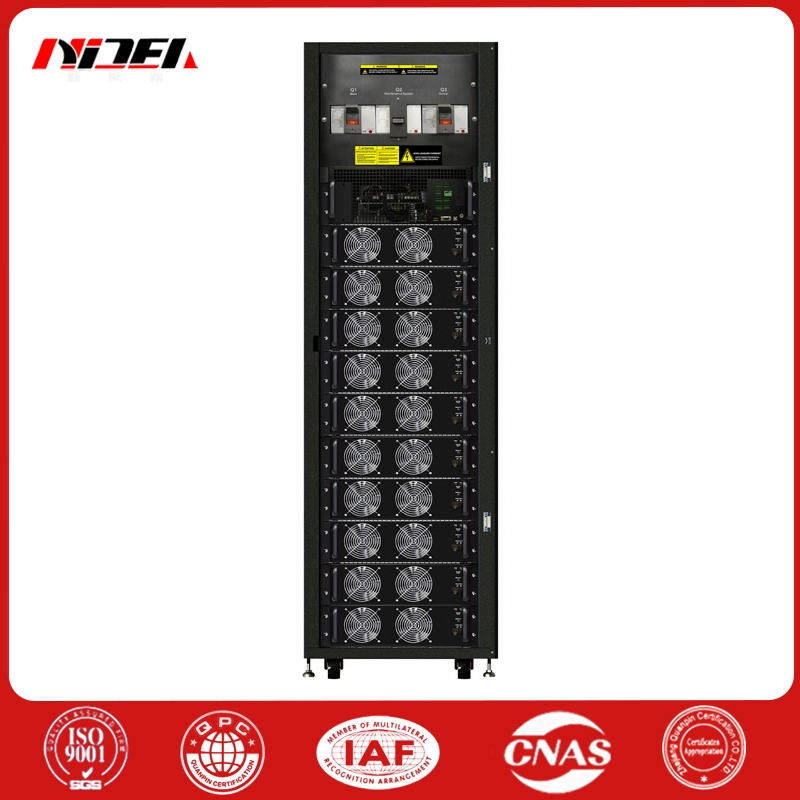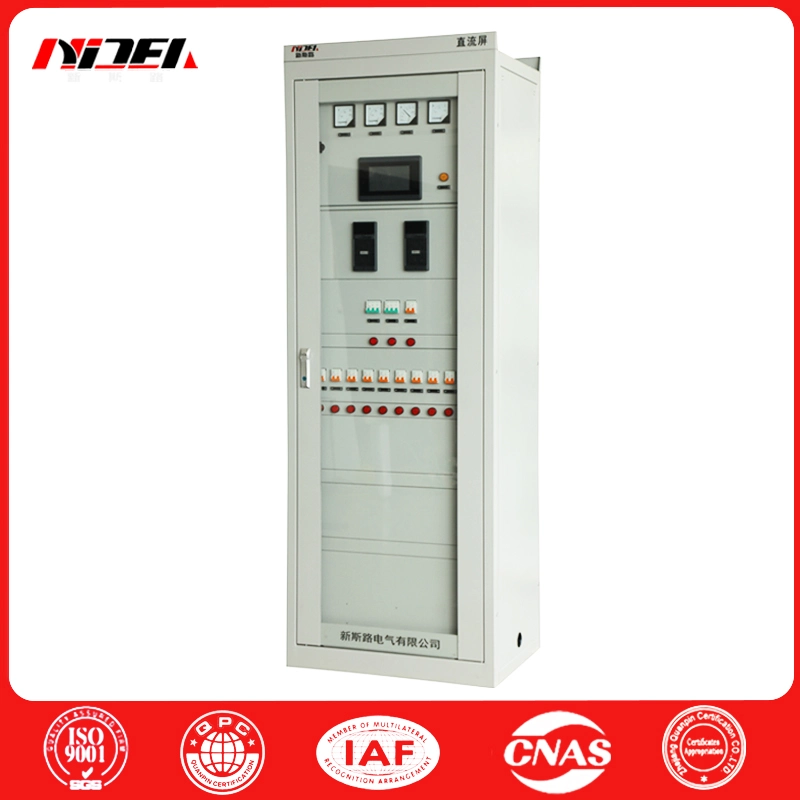Why Should Businesses Choose Modular UPS for Reliable Power Protection?
In today's world, power continuity has become one of the key priorities for every industry. Whether it is data centers, manufacturing plants, healthcare institutions, or financial services, a sudden power failure could result in downtime, data loss, or even severe economic damage. This is where Modular UPS systems stand out as a modern solution. Unlike traditional uninterruptible power supply systems, modular designs offer flexibility, scalability, and efficiency, which makes them an indispensable choice for businesses of all sizes.
What is Modular UPS?
A Modular UPS (Uninterruptible Power Supply) is a system built with independent power modules that can be added, removed, or replaced without shutting down the entire system. This structure ensures high flexibility and reduces risks caused by unexpected failures.
Key Features of Modular UPS
-
Scalability: Power modules can be expanded as business grows.
-
Hot-Swappable Modules: Modules can be replaced without powering off.
-
High Efficiency: Typically achieves 95% or higher operational efficiency.
-
Redundancy: Multiple modules ensure continuous operation even if one fails.
-
Space Saving: Compact design compared with traditional UPS.
| Feature | Modular UPS Advantage | Traditional UPS Limitation |
|---|---|---|
| Scalability | Easy to expand modules | Limited by fixed design |
| Maintenance | Hot-swappable, no downtime | Requires shutdown for service |
| Reliability | Built-in redundancy | Single point of failure |
| Efficiency | Up to 95% | Lower efficiency |
What Role Does Modular UPS Play in Modern Businesses?
The main role of a Modular UPS is to secure a stable and uninterrupted power supply for mission-critical applications. It protects servers, sensitive electronic devices, and industrial equipment from unexpected blackouts, surges, and fluctuations.
-
Continuous Power Protection – Prevents downtime and data corruption.
-
Cost-Effective Growth – Businesses can invest in more power modules only when needed.
-
Reduced Operational Risks – Enhances resilience against hardware failure.
How Effective is Modular UPS in Real Use?
When applied in industries like IT, finance, or healthcare, the effectiveness of Modular UPS becomes clear. For example:
-
In Data Centers: Ensures servers keep running even during a city-wide outage.
-
In Healthcare: Keeps life-supporting machines operational without interruption.
-
In Manufacturing: Protects continuous production lines against costly halts.
In my personal experience, I once asked: "What if a single UPS module fails?" The answer was simple: the system continues running seamlessly because of redundancy. This reliability reassures me that my critical operations remain unaffected.
Why is Modular UPS So Important Today?
The importance of Modular UPS lies not only in technical stability but also in business continuity. Power interruptions can cause millions of dollars in losses, but modular systems minimize this risk significantly.
I once wondered: "Will the system adapt to my company's future growth?" The answer is yes. Modular UPS can be upgraded step by step, aligning perfectly with business expansion. This makes it both cost-efficient and forward-looking.
Importance Summary
-
Enhances business continuity.
-
Reduces downtime risks.
-
Offers flexible scalability.
-
Provides long-term cost savings.
What is the Real Value of Modular UPS for Me?
I once questioned: "Is investing in Modular UPS really worth it?" After understanding its role in reducing downtime and supporting future growth, the answer is a confident yes. The return on investment becomes visible through lower maintenance costs, reduced operational risk, and improved efficiency.
Conclusion
The Modular UPS is more than just a power backup—it is a strategic tool for modern businesses seeking efficiency, resilience, and growth readiness. Choosing the right supplier is as important as choosing the system itself.
New Idea Electric Co., Ltd. provides advanced Modular UPS solutions designed to meet global standards of reliability and innovation. With professional engineering support and customized services, we help businesses achieve uninterrupted operations and future-ready scalability.
Contact New Idea Electric Co., Ltd. today to discover how Modular UPS can secure your critical operations with smarter, more efficient power protection.
- How do Distributed Operating Power Supplies Address Power Supply Pain Points of Decentralized Equipment Across Key Fields?
- Can DC Operating Power Systems Reduce Your Operational Costs
- How do DC Operating Power Supply Systems Support Stable Equipment Operation in Power, Industrial, Data Center and Rail Transit Sectors?
- Why Should You Choose a High Frequency Series UPS for Your Critical Power Needs?
- What Exactly is a Distributed Operating Power Supply and Why Do We Need It?
- Analysis of Load Impact on DC Operating Power Systems














